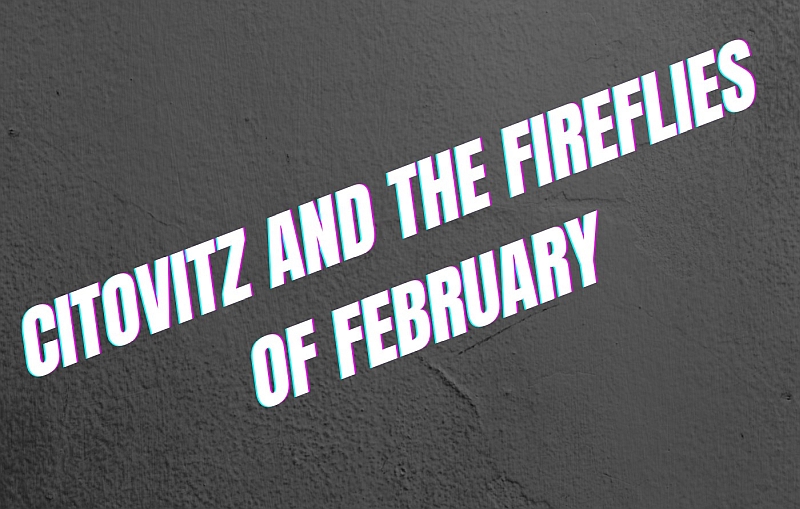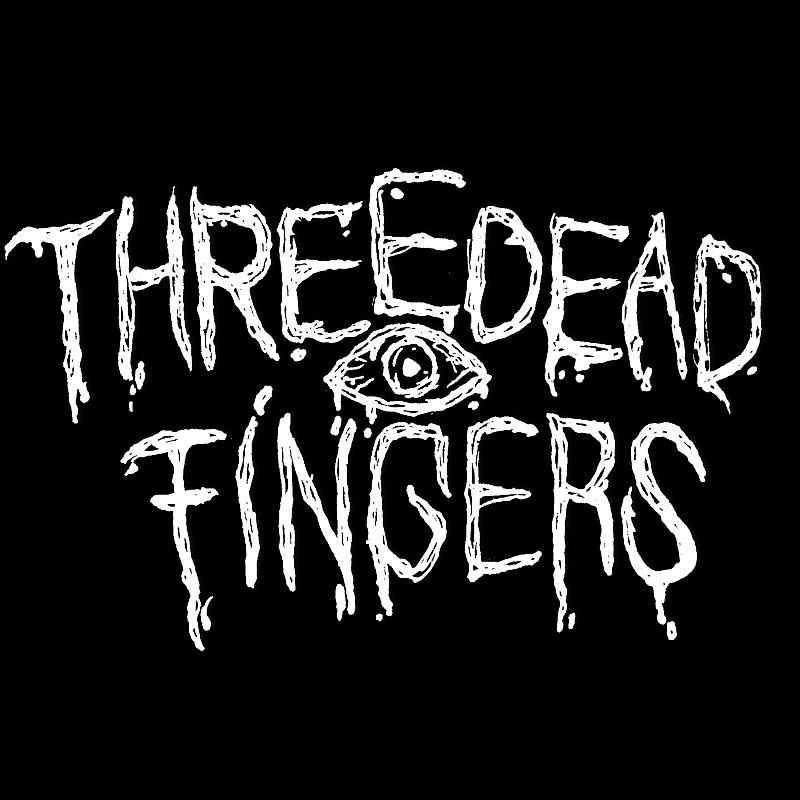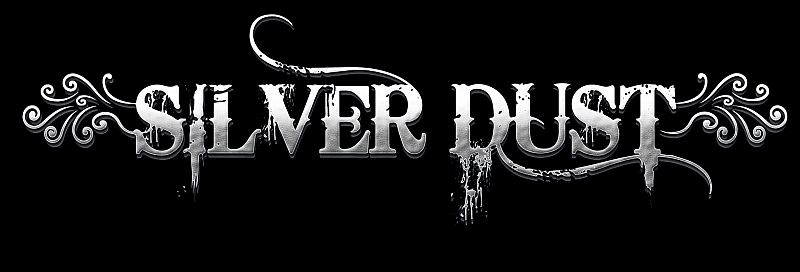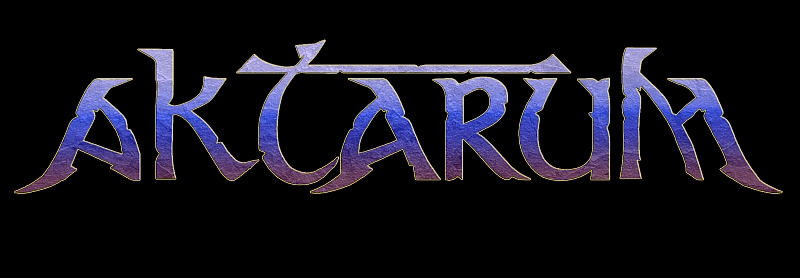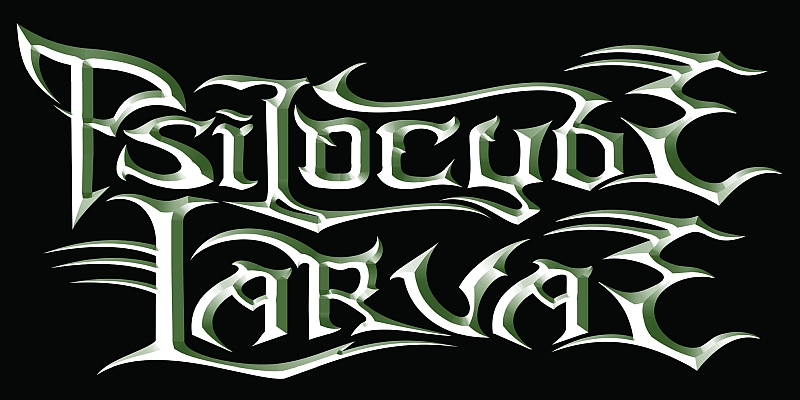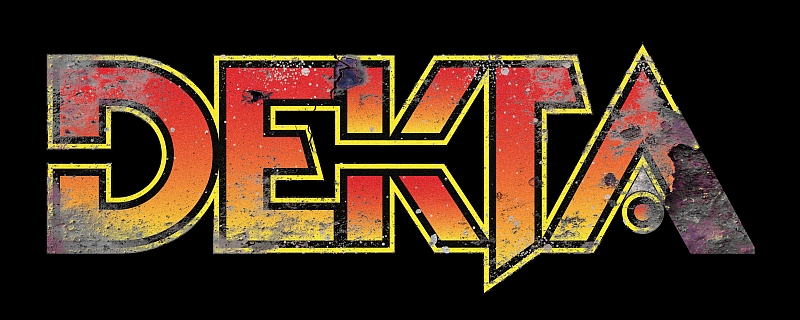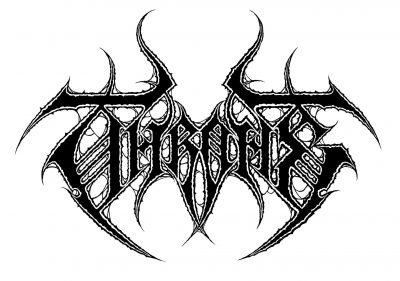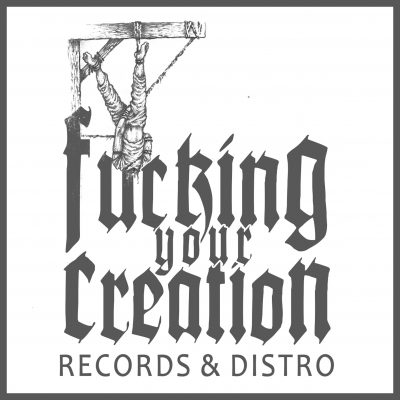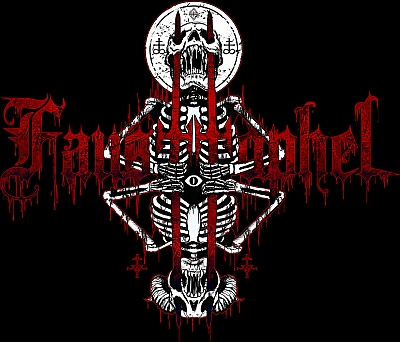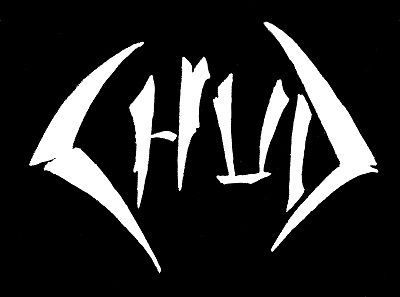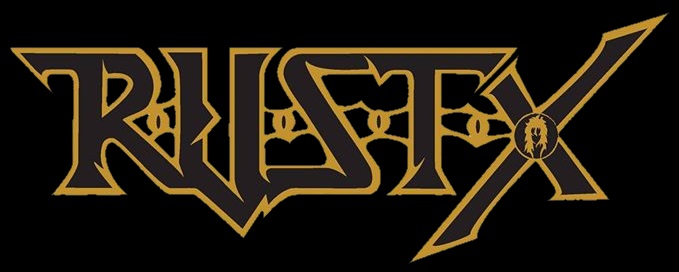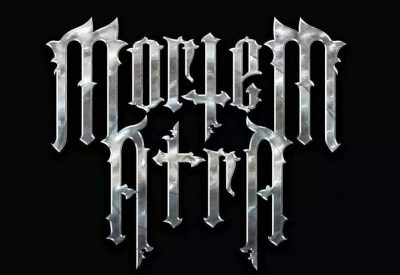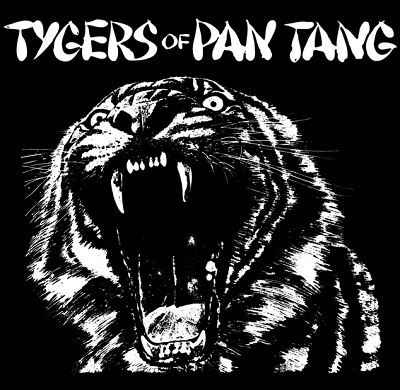Modern music boasts creative but lacks execution. But sometimes you get lucky enough to find a band who sound as good as their Bio. Final Coil takes Metal in a whole new direction with a tinge of Progressive essence to it. Following their album release recently, It was a pleasure talking to Phil and Jola Stiles about their musical journey and Final Coil.
How do you describe your music to people?
Phil: That’s one of those questions that I dread trying to answer because everyone seems to perceive something different in our music. We’ve been called metal, grunge, stoner, doom, post-rock, post-grunge and prog (probably a lot of other stuff too, but let’s not get into that!) and I can see all those elements in our music, but I’m not necessarily sure that any one tag defines us more than another. I like the idea of progressive in its traditional sense – as in progressing beyond the norm – but these days it just seems to be a label used to describe music that sounds a bit like Genesis. So, yeah, I find it difficult to describe our music, but, for the sake of simplicity (and before your readers go to sleep), I’d say that you can expect big riffs, huge vocal harmonies and progressive structures.
Jola: There is a very interesting sound in our music I think – we all are big fans of bands like Alice in Chains, Hole, Massive Attack and that, of course, has had an impact on us and might be found in some of our songs. But we have very wide spectrum of interests in terms of listening at home or in a car. I am a big fan of jazz, Rich likes Indie, Phil black metal and progressive – but the main thing that we all agree on is that good music is beyond classification and can be listened to now or in a ten years time and still be able to create unforgetable experience. We like the music which we play and it is interesting to see what other people are making of it. It looks like a very hard task to actually describe and pin down how I would desribe our music, I guess ‘progressive grunge’ makes sense to me, but I’m not so sure about others.
 What are some fun facts about Final Coil that fans wouldn’t expect?
What are some fun facts about Final Coil that fans wouldn’t expect?
Phil: Well, I’m not sure if it’s ‘fun’, but Jola actually started out her musical career as a jazz flautist which is pretty cool (she can be heard playing flute on our acoustic EP, somnambulant).
Jola: I suppose the fact that we have had about 12 drummers since we have started as a band…I wonder who next? We all have a great sense of humor so the time just flies in the studio although our music and lyrics are serious – so we are well balanced.
Phil: I’m pretty sure that Richard is half man, half chipmunk…
Jola: Actually, it’s about three quarters chipmunk…
Phil: Well… there’s a fun fact!
What’s the hardest to be new to the game?
Phil: Probably the fact that there are so many people out there who want to take advantage of you at every level. It doesn’t matter whether you’re just starting out, making waves locally or signing to a label, there’ll be parasites just waiting in the wings, hoping to get their claws into you. It can be quite isolating and, if you’re not careful, you get to a stage where you just don’t want to trust anyone because you get burned so often… but, fight your way through the bullshit and there are a large number of genuine and talented people out there and we have been incredibly lucky with a large number of our associations over the years. Our label, WormHoleDeath; Andy Pilkington, who did the stunning album art for persistence of Memory; Magnus Lindberg, who mastered the album and our wonderful management company, Imperative PR – what marks them out is that they all have a passion for what they do and the fact that these talented people have been happy to work with us is really cool.
Phil: The other difficulty is simply reaching a wider audience. I can understand it – there’s such a variety of great, great music out there that it’s harder than ever to stand out, and with the traditional gatekeepers (the labels and magazines) increasingly finding themselves bypassed, it can be a real struggle. Nonetheless, I think it’s an ever more daunting task to make music that actually reaches a wide audience. You need a great team, a lot of luck and, of course, good songs.
What bands did you grew up listening to?
Phil: My first ever album was Duran Duran’s ‘Seven and the ragged tiger’ and I really loved that record, but then I got into Queen and, from that, Guns ‘n’ Roses and Iron Maiden. I mean, when it comes to Maiden, how can yhou not want to check out the music that sits inside those amazing covers?!? I was young, about ten years old, and records were expensive, so I was kind of limited in what I could get hold of, but the Library did rent vinyl (yep, that’s how old I am) for 20p, so I’d borrow all sorts of stuff and absorb it at home. However, the game changer was Nirvana. I got into them quite late – around ‘In Utero’ and that led me to so much cool stuff – Pearl Jam, Sonic Youth, Soundgarden, Tad, Mudhoney, Afghan Whigs, L7, Dickless, Alice in Chains… I couldn’t get enough of that stuff (still can’t), and although I got really turned on to metal later, mainly thanks to Nine Inch Nails and Metallica, I’d say the whole grunge / alternative scene pretty much defined my formative years. The passion and energy of that music – it was such a cool time and those bands are incredibly important to me.
Jola: One of my first bands I got into was Queen, I was about seven and I absolutely loved them then and I still love to listen their music now. Later on I got into Polish punk, while playing in classical orchestra at this same time, followed by jazz bands. I always admired bands like Irion Maiden, Metallica, Nirvana (from the more popular lot), but there was a whole lot of altenative and grunge music around me at that time which shaped my taste to this day, hehehe.
 Are you self-taught musicians or have you had formal training?
Are you self-taught musicians or have you had formal training?
Phil: It’s a bit of a mix. I did have a few formal guitar lessons when I was at school, but the guitar tutor wasn’t really into teaching. He used to set up his gear (which included one of those amazing, tape-based reverb pedals), get whatever student was to hand to play a twelve bar blues and then solo over it. It was fun at first, but it got old pretty quick, so I started teaching myself to play by watching any music videos I had to hand. The one I watched the most was Alice in Chains Unplugged, I absolutely love that show and I spent hours watching the tape, pausing it to figure out the chords, and then playing along. I pretty much wore the tape out (this was the days of VHS), so I was grateful when DVD came along!
Phil: As for the other guys in the band, Richard has had formal music training and is very capable when it comes to theory. Jola has also had a fantastic musical education, but she’ll tell you about that…
Jola: Well, it started when I was seven – I really wated to play piano (despite my parents dreams), so I started having lessons on that instrument. That was followed by few years in a music school (flute) – which nearly killed my intrests in that subject. The Jazz band brought me back to life – being part of such an interesting collective of musicians was an unforgetable experience and the majorty of those people are still heavilly involved in creating music one way or another. I suppose it is not really important what education you have (although it is helpful), the more important is that you enjoy doing what you do and having the possibility to share that with others is simply really cool. We always make sure our passion for music is at th ecore of what we do as nothing last forever and one day it may end – so we put all our heart and soul into this.
What do you want to achieve as a band?
Phil: Whatever we can! I don’t play music to make money and I don’t play it for adulation. I play music, and this is true for the whole band, because it enables me to make the music that I want to hear. Now, I guess that sounds like a selfish motivation, but it’s what keeps the music genuine and passionate. With regards our audience, I don’t necessarily expect them to follow us on our journey, so all I can say is that I am so incredibly grateful and humbled when people do find and dig our music. It means the world to me that there are people out there who want to share this with us. I guess, at this stage, my biggest goal is to get out of the UK and bring our music to anywhere that is willing to have us – that would be an absolute pleasure and I hope we can make it a reality soon.
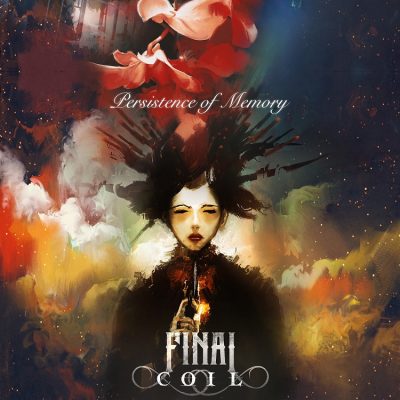 Is there anything you want to experiment with musically that you haven’t attempted yet?
Is there anything you want to experiment with musically that you haven’t attempted yet?
Phil: I love experimentation, but once it becomes considered, it ceases to really be that experiemental. When you look at the bands that influenced us – bands like Sonic Youth, Pink Floyd, Porcupine Tree – you never got the sense that they were experimenting for the sake of it (OK, maybe Pink Floyd when they did that weird, household objects project), rather you felt that they were trying to make the sound in their heads come to life. That’s certainly the case for me – I never set out to „experiment with X” or „try using Y”, rather I have an idea in my head and the experimentation (using synths, or flute or whatever’s to hand) comes from that. So, I hope that we can continue to push boundaries and experiment with form and what have you, but no, I haven’t got a specific bucket list of things to do.
Who would you personally like to sit down and interview yourself?
Phil: How long have you got? There are so many bands I’d love to speak to – I’m an absolute geek when it comes to music – but defintely I’d like to talk to a member of Sonic Youth, maybe Lee Ranaldo because his last solo album was so amazing. There are a whole host of people that I think it would be amaizng to talk to – Megan Jasper, just because she was so cool and funny when the whole grunge scene exploded; Lou Barlow because Sebadoh and Dinosaur Jnr are just awesome; Trent Reznor because he’s so influental… dude, I could keep going like this for hours.
What are your favorite foods?
Phil: Well, I love cooking, so I try to take the opportunity to cook many different things, but I do particularly like a French dish named Tartiflette. Basically, it’s made with Reblochon cheese, white whine, onion, bacon, potatoes and cream, so it’s incredibly unhealthy, but it’s also easy to make and very tasty.
Jola: I love food as much I love music! Unfortunately I am a disaster in a kitchen, but it is me who is collecting cookery books – I can imagine all the tastes and how they work together. I just like reading recepes and making choices for the next dish. I like travelling and checking out regional foods from the places we have visited. I have no favourite dish as such – but I like French food and Italian food. French food seems to me to very often be sophisticated and unhealtly, when Italian food is totally opposite – I like those extremes in life.
Phil: Does beer count as food?
If you could change one thing about the music industry, what would it be?
Phil: Oh man – only one thing? Well, you said industry so, for me, I’d like to put the art back into the industry. There was a time when art and money co-existed… uneasily, perhaps, but the relationship was there. Labels took chances on people like Pink Floyd, Velvet Underground, David Bowie… artists that, as we know now, went on to sell millions, but which never looked particularly commercial at the time. Labels tended their artists and allowed them to grow, which is so important when it comes to longevity. Now, even in niche fileds, labels churn out identikit bands in the hope of making a quick buck, never thinking about developing the art. We’re incredibly lucky, our label not only helps us to grow, but they also support our artistic direction even if it goes against their better commerical judgement. They’re amazing… but they’re also in the minority. So, yeah, if I could change the industry, I’d put the emphasis back on the art of making music and dispense with the soulless marketing bods who seem to thrive on pushing the most banal crap they can find on an unsuspecting public!
http://www.finalcoil.com/







